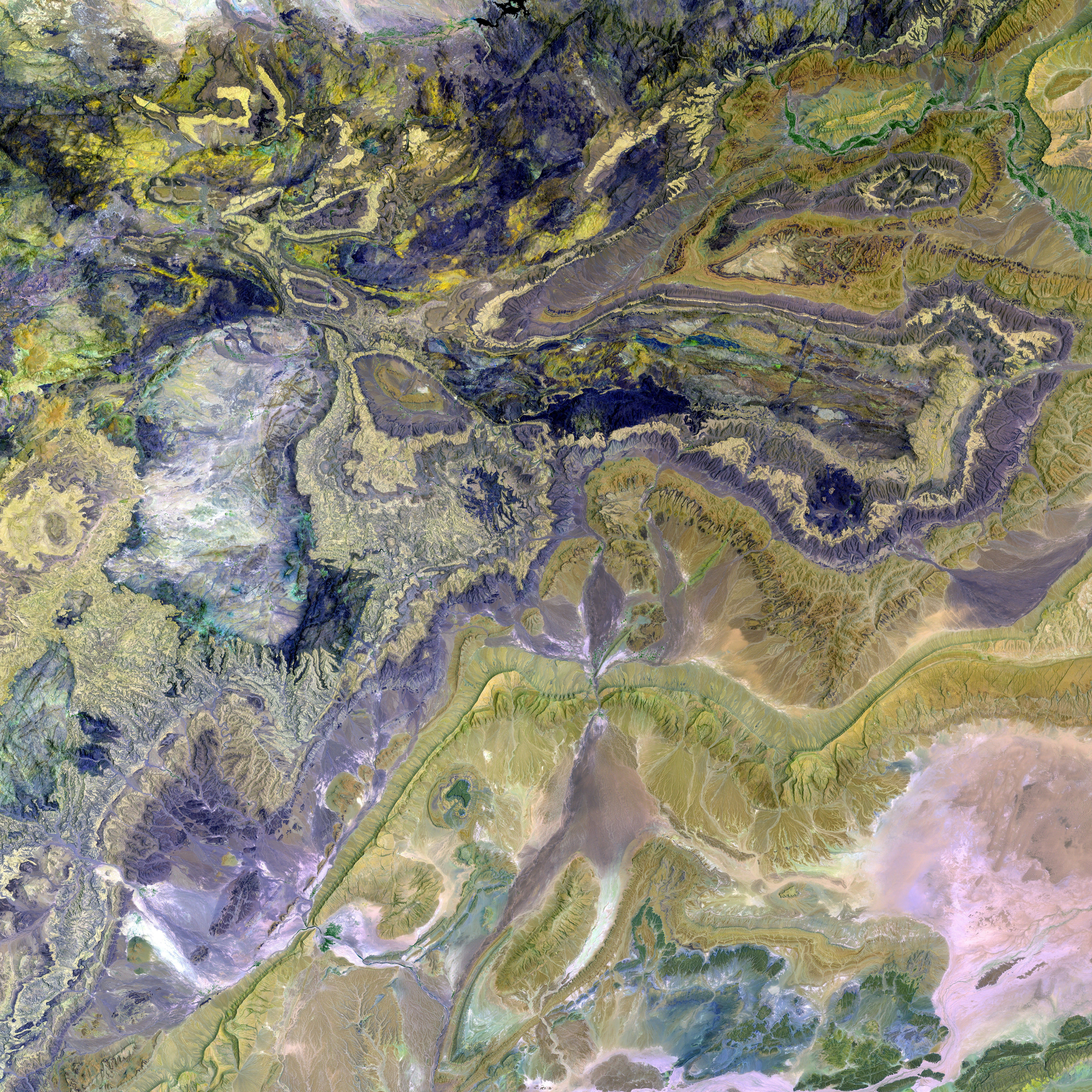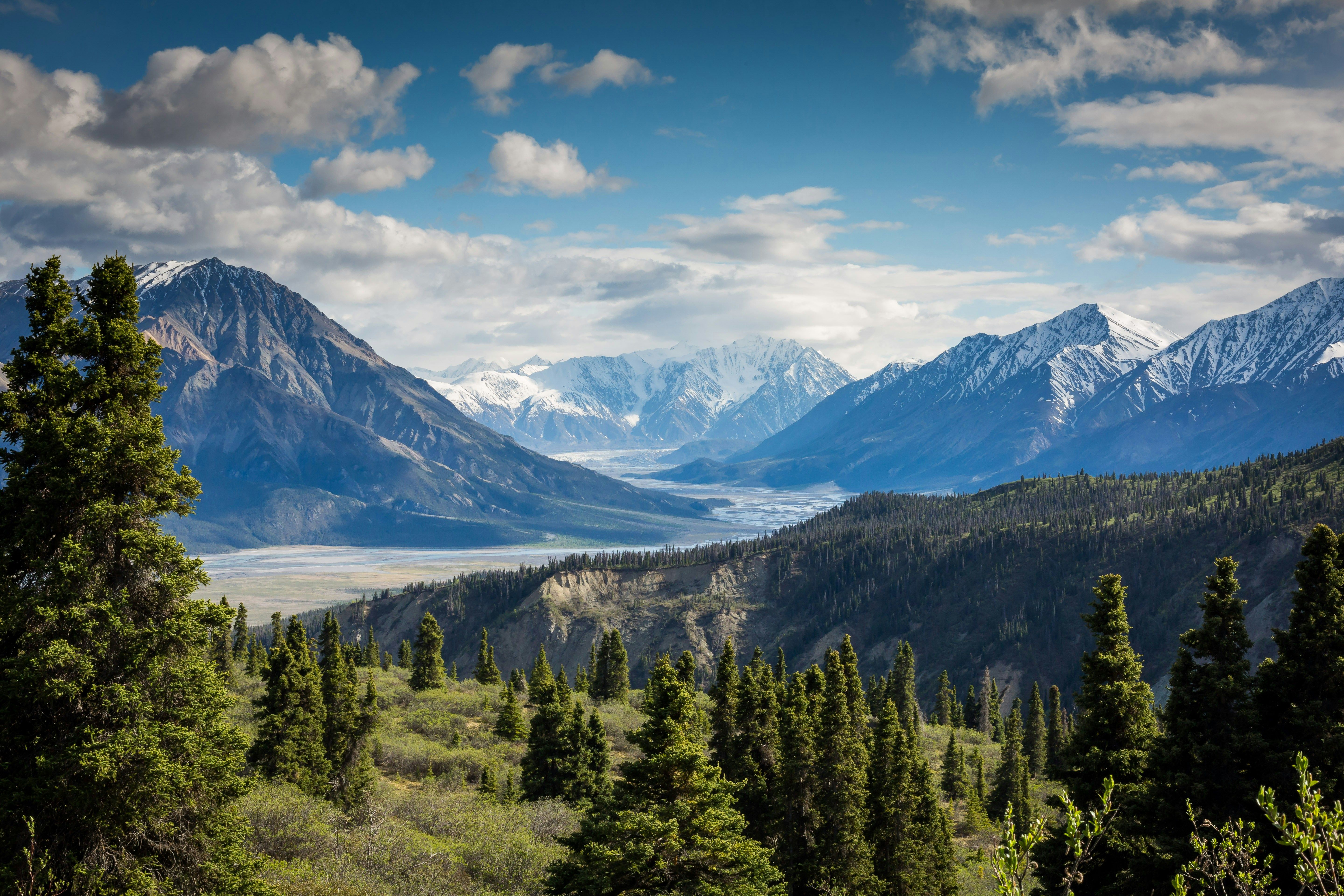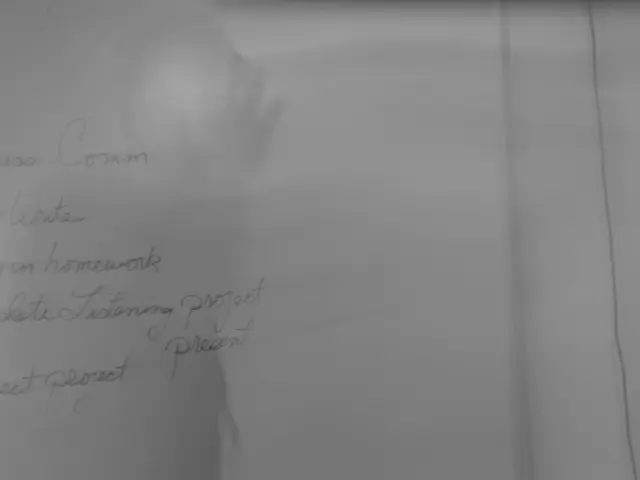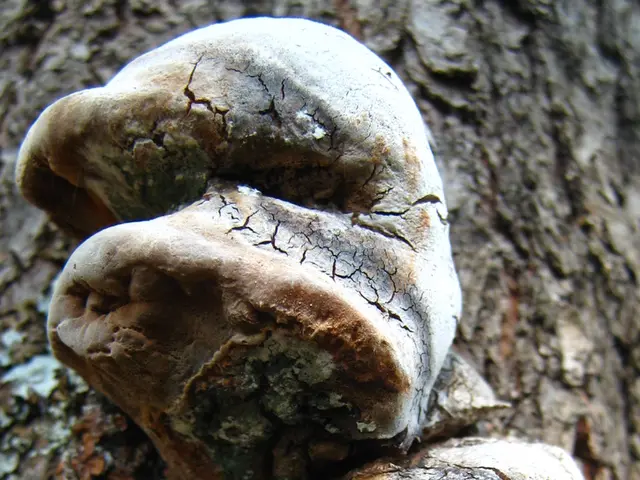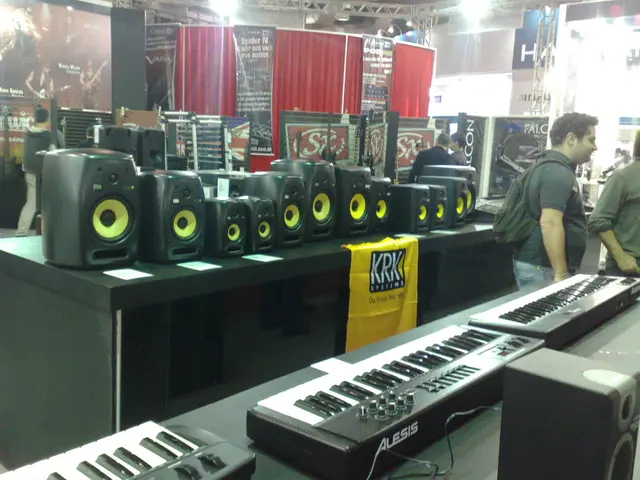Police in Las Vegas Guard Tesla Dealerships and Boring Company Tunnels Following Attacks Across the Nation
Elon Musk's businesses have been in the hot seat due to a rise in controversial incidents and controversies ever since Donald Trump took office for his second term as the US president. Within the Department of Government Efficiency (DOGE), the outspoken South African entrepreneur's attempts to slash government spending and his political views have earned him a fair share of adversaries.
Amid these turbulent times, Tesla dealerships across the nation have become hotspots for demonstrations—both peaceful and disruptive. With occurrences of vandalism on the rise, such as car spray-painting and even arson with Molotov cocktails, authorities felt compelled to beef up security. Vegas police officers have taken it upon themselves to safeguard Tesla's electric car company locations as well as the entrances to the Boring Company's underground high-speed transport tunnels being built between Las Vegas and Los Angeles.
The police presence has sparked lively conversations on social media, where opinions are as polarized as the political climate. On one hand, there are those who approve of the heightened security, arguing that it's a necessary response to protect businesses and their employees from violence. On the other hand, there are concerns over the use of taxpayer funds to protect the interests of a wealthy businessman. Critics argue that law enforcement resources should be allocated more equitably, suggesting that if the focus is on corporate protection, it should be broader in scope than just protecting Musk's businesses.
The issue that draws mixed opinions is the classification of these incidents as acts of domestic terrorism. Authorities have pursued strict legal action against the suspects, with Attorney General Pam Bondi taking a "no negotiations" stance and the Department of Justice and FBI seeking 20-year prison sentences for those found guilty of arson and vandalism. Investigations into these incidents have led to increased surveillance and enhanced investigatory powers, with police presence acting as a deterrent to more extreme acts of violence.
Environmental activists, however, see things differently. They argue that Musk's government role undermines environmental goals, and that is why they've taken to vandalizing dealerships to voice their concerns. While these actions are classified as property crimes rather than political speech, the line between the two often appears blurred in today's politically charged climate. This tension encapsulates the ongoing debate regarding balancing corporate protection, free speech, and the framing of property destruction as terrorism.
The incidents driving this heightened enforcement include a Molotov attack on a dealership in Salem, Oregon, arson at a service center in Mesa, Arizona, and Earth Day vandalism in New York City condemning the Department of Government Efficiency (DOGE). Despite the vandals fleeing the NYC incident, cleanup efforts were underway, but the outcome of the other incidents remains uncertain.
This dynamic situation underscores the myriad challenges the nation faces as it navigates the complex landscape of balancing individual rights, corporate protection, and law enforcement responses to politically-motivated violence. The future evolution of this situation will undoubtedly hinge on the delicate dance between civil disobedience, corporate interests, and the power of law enforcement to maintain order.
- Protesters have been targeting Tesla dealerships, leading to disruptive demonstrations and instances of vandalism like car spray-painting and arson with Molotov cocktails.
- Elon Musk's businesses, including Tesla and the Boring Company, have been experiencing increased security due to these incidents, with Vegas police officers safeguarding their locations.
- Critics question the use of taxpayer funds for Musk's corporate protection, arguing that law enforcement resources should be allocated more equitably across all industries.
- The Department of Justice and FBI are pursuing strict legal action against suspected arsonists and vandals, classifying their actions as domestic terrorism and seeking 20-year prison sentences for those found guilty.
- Environmental activists have vandalized dealerships to express their concerns about Musk's government role and its impact on environmental goals, blurring the line between property crimes and political speech in the current politically charged climate.
